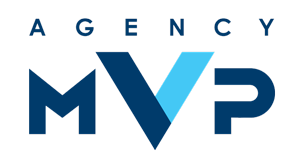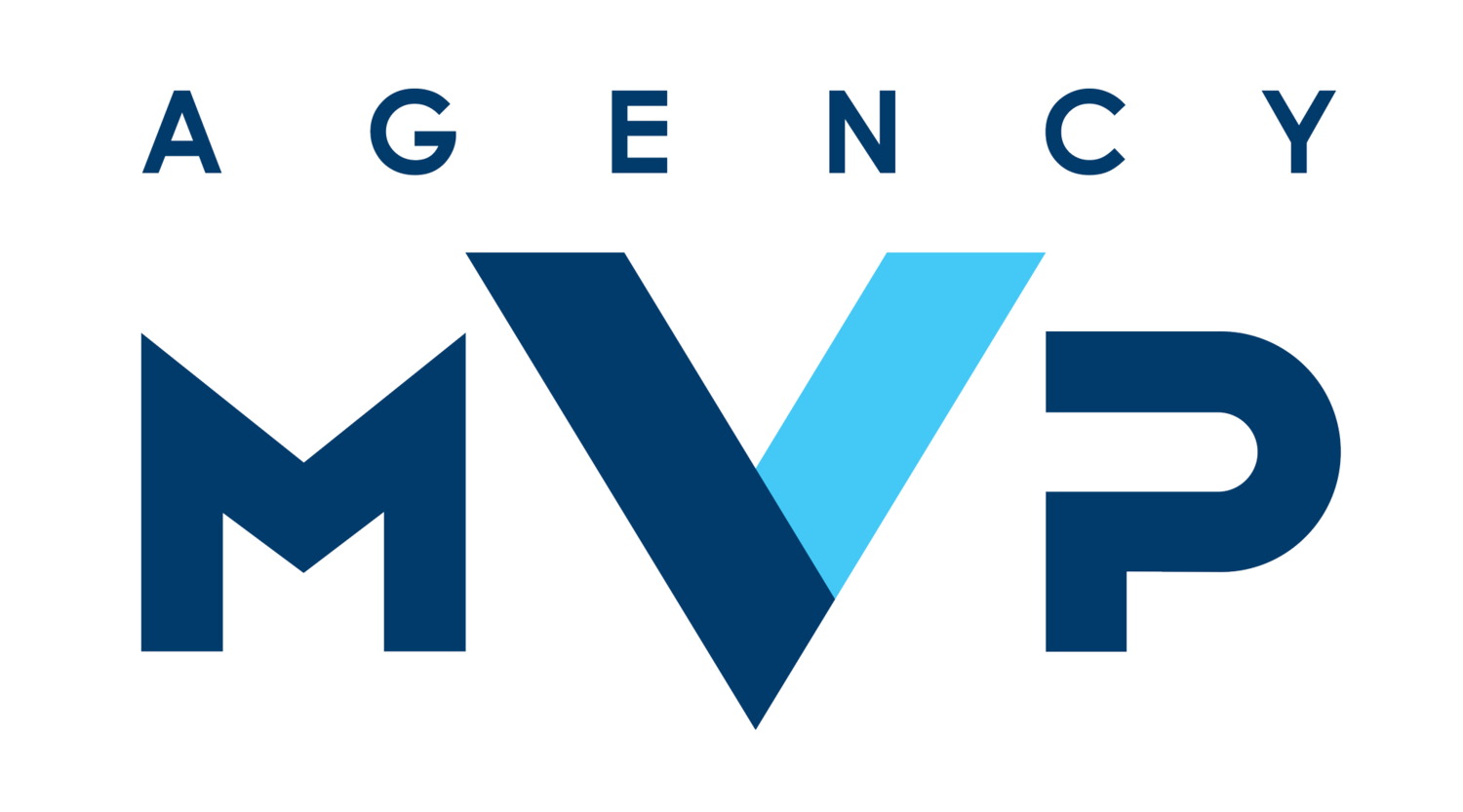The Success Rate of Insurance Agents Explained
New insurance agents need to understand what it takes to succeed in the insurance sector. An insurance agent can find success when they set reasonable expectations, develop a robust support system, and focus on putting their customers' needs above their own.
It is estimated that new insurance agents experience a 30% to 50% success rate, with this figure gradually dropping over time. The rate can vary depending on various factors, including the amount of training the agent receives, mentorship available, and the agent’s overall outlook.
Insurance can be a lucrative career path, but you must be willing to put in the hard work to get there. Training, networking, and the never-ending desire to deliver good service are critical factors that can impact an insurance agent's success rate.
What is the Success Rate for Insurance Agents?
According to the Insurance Journal, the success rate for new insurance agents ranges between 30% and 50%. Within three years of entering the insurance industry, the success rate drops to 11%.
While the insurance industry can be rewarding and profitable, new agents may become frustrated with the level of commitment needed to attract and retain clients. Or they may be so focused on making money that they fail to provide the service clients desperately need. These factors and more (discussed below) could influence success rates.
But, even if an agent cannot retain their clients, they can constantly seek new leads to replace what was lost. Much of the success that an insurance agent can experience is actually within their control.
3 Major Factors that Affect Success Rates
Many factors drive an insurance agent's success. Qualitative skills, such as learning how to connect with clients, effective communication, and a willingness to work hard, can define an agent's career trajectory.
Other factors that shape success include:
Training
A robust training program sets new agents on a path toward success. Insurance agents should have an in-depth knowledge of the products that they sell. If you are not educated about what you offer, how can you expect a client to buy a policy from you?
Training may also develop your sales and marketing skills. Learning how to generate leads and convert inquiries to clients is critical to understand when you start out. Administrative tasks, such as staying organized and setting goals, are crucial skills developed in training.
If your employer’s idea of training is giving you a list, a laptop, and a phone, you may need to create your own training program to help you succeed. Online classes, books, and seminars can help develop the skills you need.
Mentorship
Having an insurance license goes a long way, but it may not lead to your success if you do not have the experience and expertise to promote yourself.
A mentor is an excellent resource for new and seasoned insurance agents alike. Mentors can teach you how to sharpen your communication skills and avoid common mistakes, such as failing to set goals or follow up on leads. Mentors can provide much-needed guidance on making connections and expanding your product knowledge.
Agent Outlook
Your success as an insurance agent depends largely on your outlook. If you expect to make a quick buck in the insurance industry, you will be disappointed. When your expectations are out of alignment, it is easy to get frustrated and give up.
Make your insurance career path less about your next commission check and more about building your business. Retaining clients is critical to improving your bottom line. It may take a couple of years to build up your customer base to get to this point. When you are responsive and proactively demonstrate the value you bring to their business, your clients will be less willing to leave.
An insurance agent needs to be ready to invest their time and attention to developing and maintaining lasting client relationships.
How Can Insurance Agents Improve Success Rates?
New insurance agents will not realize success overnight. Even seasoned agents need to keep their focus on maintaining and growing their practice. Insurance agents can improve their success rate when they focus their efforts on such things as service, technology, and trends.
Focus on Service
Let your brand be defined by how well you treat your clients. Exceptional service separates you from every other insurance agent on the block. So, make it a point to respond to phone calls and emails quickly. Talk to your customers about new insurance products or changing trends.
Good client service does not just land a new customer; it keeps them renewing with you every year.
Embrace Technology
Technology has changed the way people do business. Customers can conduct their own research and even purchase policies online. While a customer’s easy access to information may seem like a drawback to an insurance agent, potential clients still need guidance.
Knowing that current and prospective clients rely on the internet for research, your website can become a resource for information. Consider adding content to your website that is relevant to what is going on today, as it may encourage people to reach out for help. Be sure to keep blog entries and articles current.
Social media is a prime opportunity for promotion. Add podcasts or use tools on LinkedIn to promote your practice. Whether it is live broadcasting or seminars, you can establish yourself as an expert in the field.
Consider investing in technology to improve a customer's online experience with you in a world of social distancing and masks. Having a professional background for Zoom calls and a user-friendly platform to connect and share information with clients can go a long way.
Stay Current on Trends
Whether it is new regulations, advances in technology, or current events, a customer's insurance needs may change over time. Staying on top of what is going on in the world today and new products available to meet a client's needs can help drive more business to your agency.
Networking
Networking is an invaluable tool to grow your agency. While your goal may be to gain client referrals, you can realize incredible benefits when you focus on building your network.
Peer groups give you an avenue for advice, which can be especially helpful when you start out. You may also gain insight into future product opportunities in the industry. Or you can grow your network with peers that specialize in areas that you don't.
Build relationships with professionals, such as bankers, financial planners, or accountants. If your clients seek their services, you now have a trusted professional to whom you can refer.
Create strategic relationships with local organizations. You may cross-promote your services or get involved with a community event.
If networking is out of your comfort zone, attending these events can help you get past your anxiety. As you become more comfortable, your confidence grows, and your success rates have a greater potential to grow.
Get Organized
The time and effort you have spent marketing your services and networking will be lost if you do not effectively track your leads. Set a daily call goal and use a CRM system to keep tabs on your leads' status.
It is also helpful to track key performance indicators (KPI) to see how effective your marketing strategy is. These ratios help track your productivity. Common KPIs include:
Contacted/Not Contacted
Quoted
Sold/Not Sold
Final Thoughts
If you are just starting out as an insurance agent, you must be willing to invest your time and effort to improve your success rate. Setting reasonable expectations will keep you from setting yourself up to be disappointed. Keeping your focus on your client—not your commission—and building a solid support system can go a long way to improving your success rate in the insurance industry.


